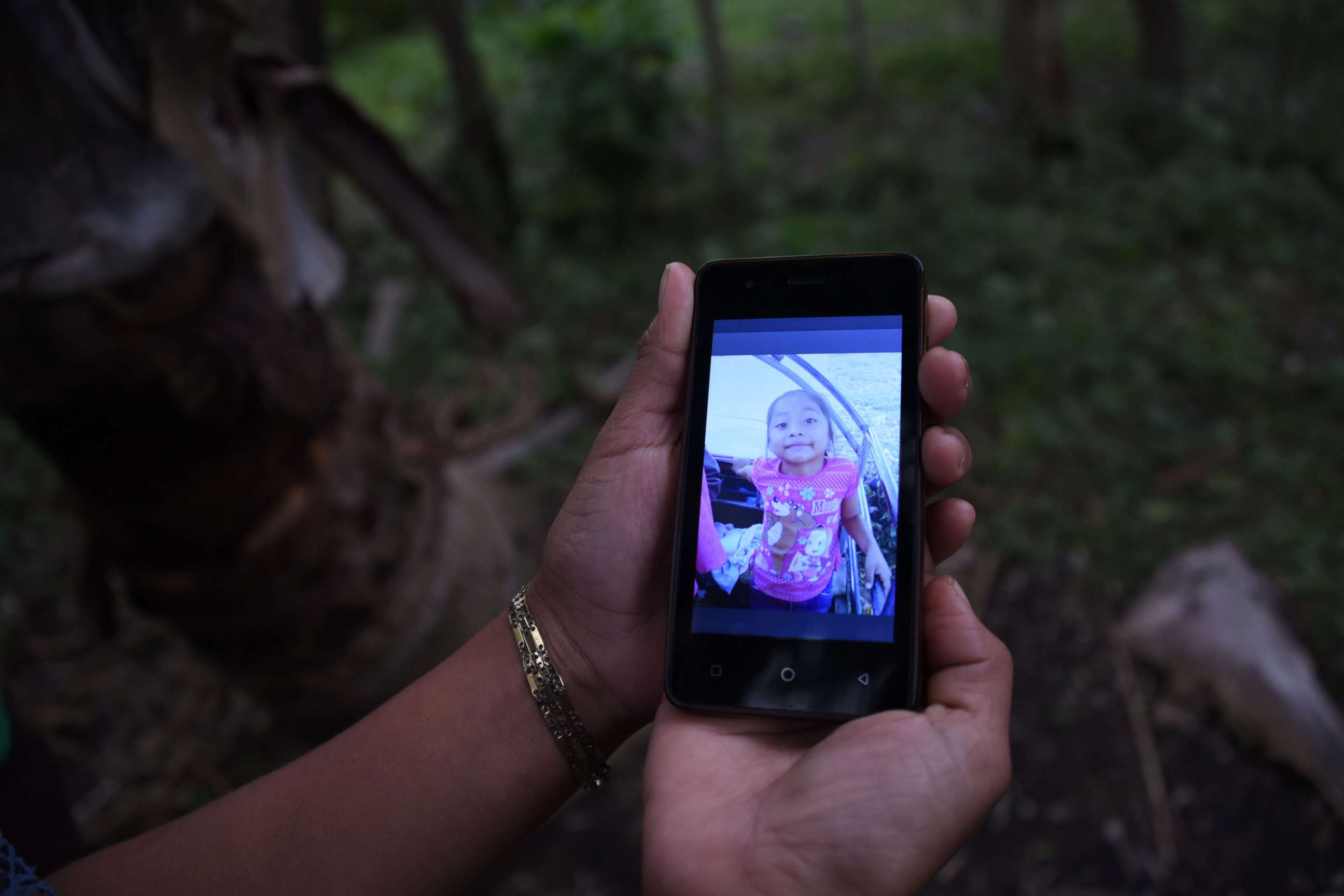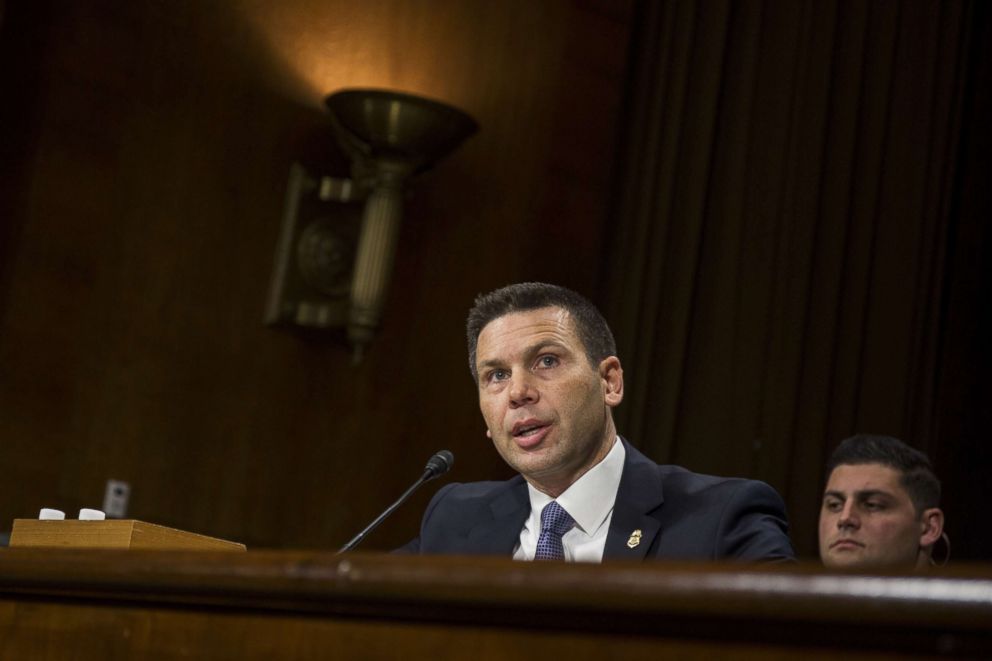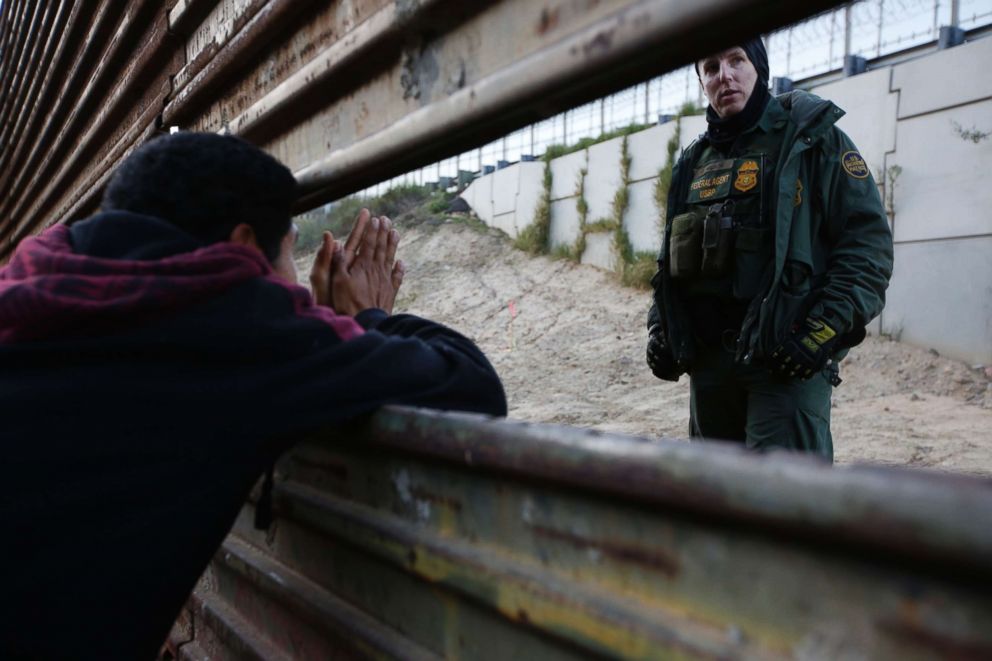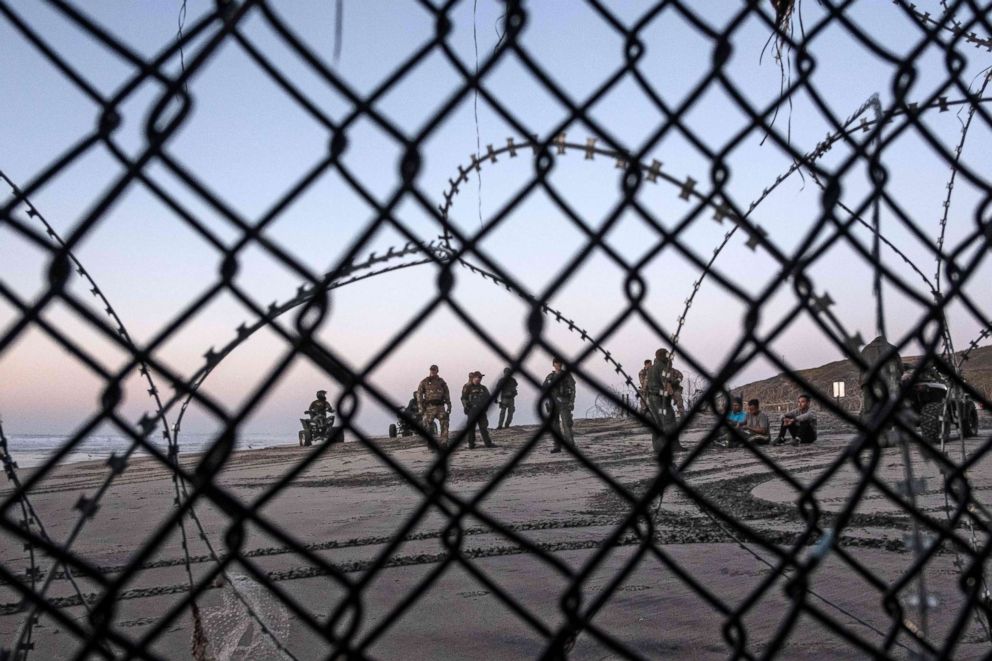Border Patrol head didn't tell Congress about Jakelin Caal Maquin to avoid 'politicizing' girl's death
Kevin McAleenan didn't tell Congress about Jakelin Caal Maquin during testimony.
The head of U.S. Customs and Border Protection said he did not disclose the death of a 7-year-old girl at the border during his testimony to Congress because he wasn’t sure that the mother had been notified and because he didn’t want to “risk politicizing the death of a child.”
Kevin McAleenan, the commissioner of the agency, testified Dec. 11 before the Senate Judiciary Committee, three days after the death of Jakelin Caal Maquin. The Guatemalan girl died while in CBP custody after crossing the U.S.-Mexico border with her father, Nery Gilbert Caal Cruz.

An internal investigation by the Homeland Security Department Inspector General into Jakelin's death is ongoing. Her family on Saturday called for a "thorough investigation" into the circumstances of her death.
During McAleenan's testimony before Congress, he didn't notify lawmakers about Jakelin's death.

In a Dec. 14 letter to a House Kansans Rep. Kevin Yoder, McAleenan said the agency was “in the process of solidifying a privacy waiver” at the time of his testimony and that he “did not have confirmation that the mother had been notified in Guatemala.”
And, “most importantly, I did not want to risk politicizing the death of a child while I was imploring Senators to fix the laws that are inviting families to take this dangerous path,” he added.
McAleenan, who provided a detailed timeline of the events, called Jakelin's death a "tragedy."
He went on to defend his agents' actions.
“All of the available information indicates that our Border Patrol Agents did everything in the power to rescue this little girl, and fought for her life, alongside professional first responders from Hidalgo County, New Mexico,” he wrote. “While reasonable concerns on the timelines of notification have been raised, and will be addressed, I am proud of our agents in the field, their efforts to rescue this little girl, and the professionalism and dedication with which they carry out their mission every day.”
Late Saturday evening, Guatemalan Consul Tekandi Paniagua told ABC News that Caal Cruz -- Jakelin’s father -- was grateful to the border patrol and the doctors who tried to save his daughter's life.

"When I spoke to the father he actually said he was very grateful for the effort of both the Border Patrol agents that assisted his daughter at the station as well as the medical staff at the hospital," Paniagua said.
Caal Cruz' sentiments were first reported earlier Saturday by CNN.
Jakelin's death became public Thursday, five days after she died from cardiac arrest, and sparked out sparked outrage from Democrats and immigration advocates alike.
Department of Homeland Security and Border Patrol officials on Friday defended their handling of the incident.

Jakelin's family said through attorneys that the little girl had been taken care of by her father, who made sure she had eaten and was hydrated.
Jakelin and her family also speak Q'eqchi -- a Mayan language used in Guatemala -- and Spanish as a second language, the attorneys said. They don't speak English, yet Caal Cruz filled out an English form during processing, the attorneys added.
"It is unacceptable for any government agency to have persons in custody sign documents in a language that they clearly do not understand," said Ruben Garcia, the director of Annunciation House, a non-profit organization working with her family, during a press conference Saturday.
A document obtained by ABC News shows that Jakelin wasn’t alone. U.S. border authorities in 2018 counted 281 deaths of people trying to cross the border.
That number includes people not in U.S. custody with causes of death that range from heat exposure to drowning.
Jakelin's mother, Claudia Maquin, said Caal Cruz and their daughter fled Guatemala for the United States because of "extreme poverty," the Associated Press reported.
And the girl's grandfather, Domingo Caal, told the AP people have asked them how Jakelin felt about making the trek to America.
"She leapt with joy because she wanted to arrive to the United States," he said.
ABC News' Joshua Hoyos contributed to this report.




